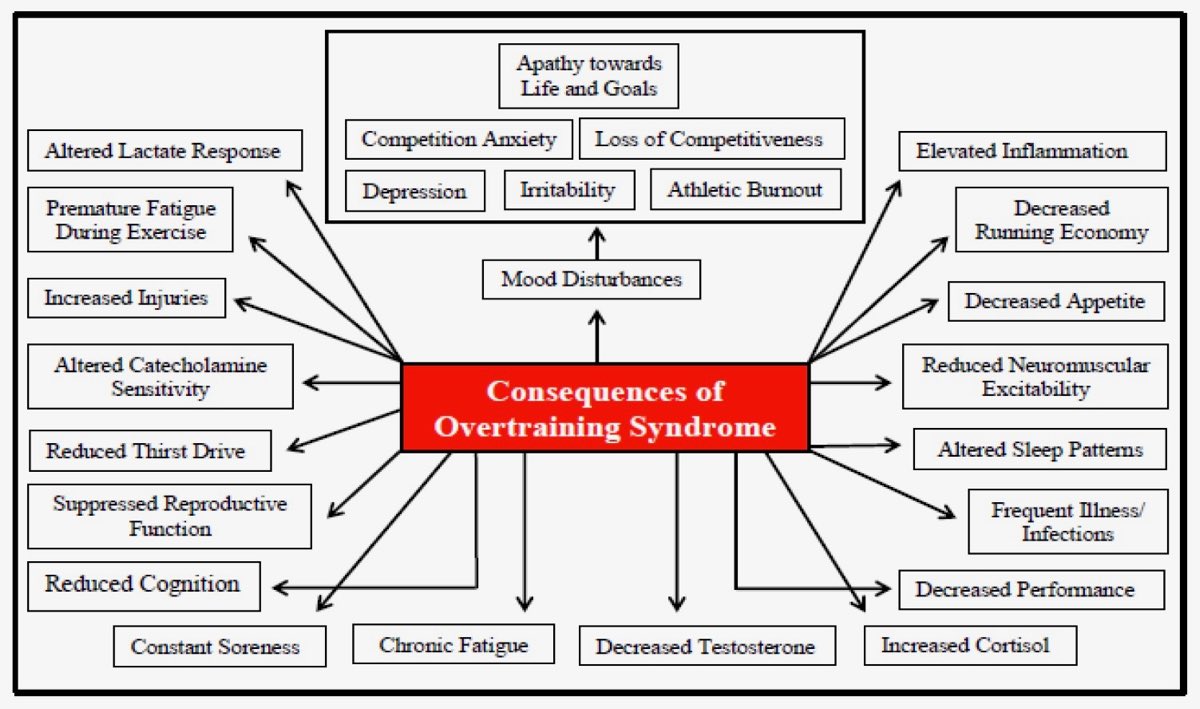
Diagnosing Overtraining Syndrome: A Scoping Review - Justin Carrard, Anne-Catherine Rigort, Christian Appenzeller-Herzog, Flora Colledge, Karsten Königstein, Timo Hinrichs, Arno Schmidt-Trucksäss, 2022

Diagnosing overtraining in athletes using the two-bout exercise protocol | British Journal of Sports Medicine
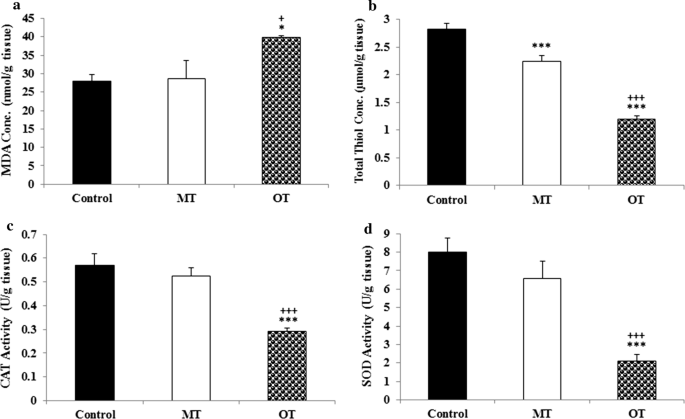

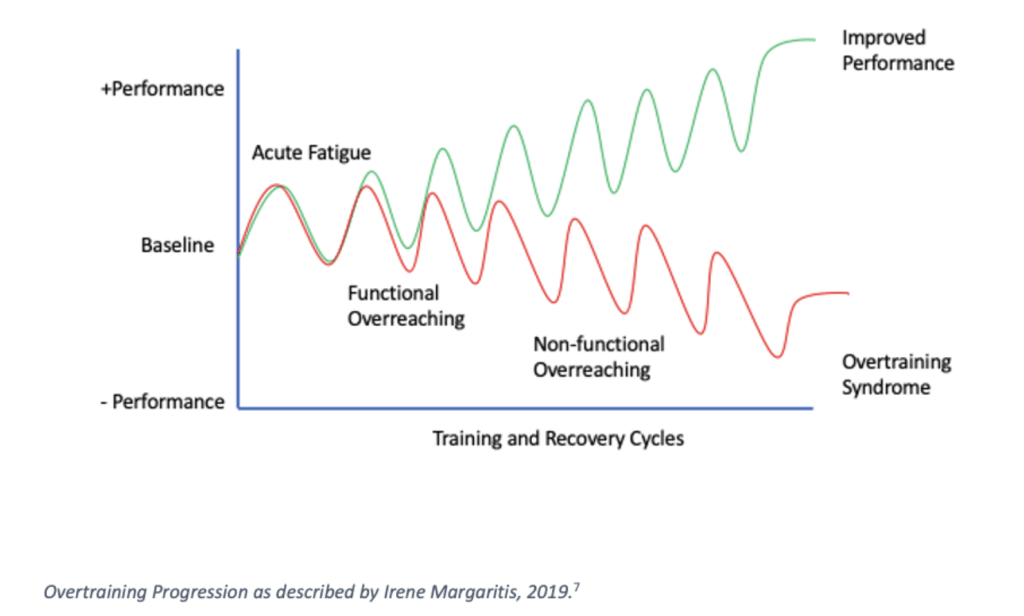

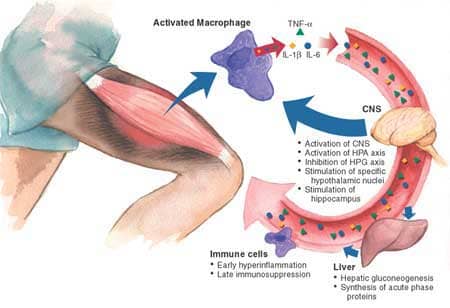

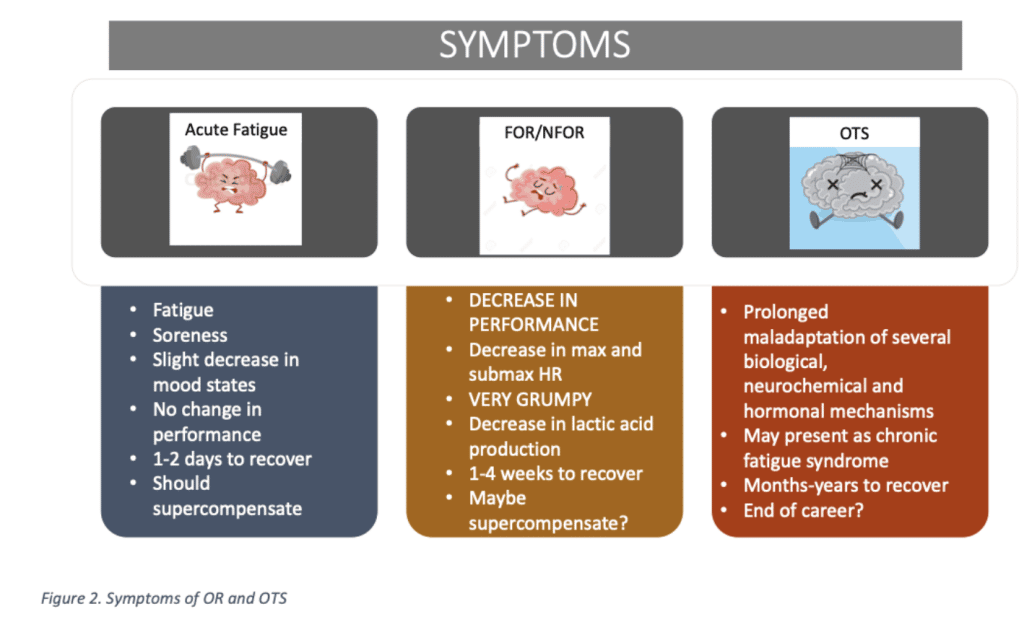
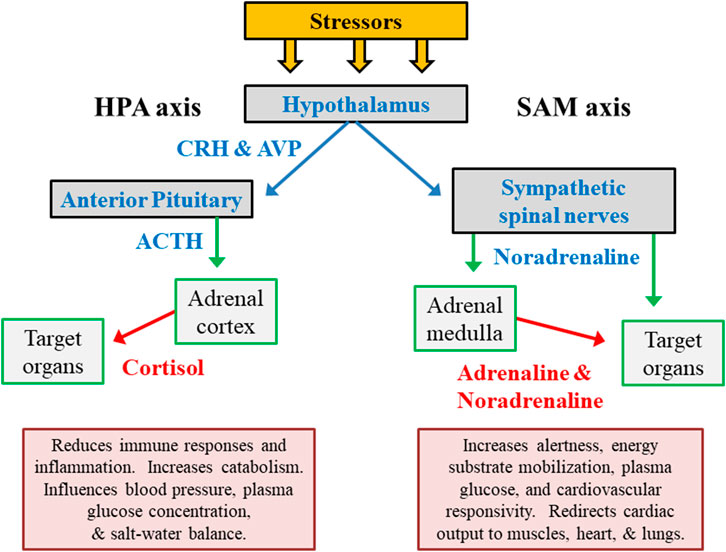

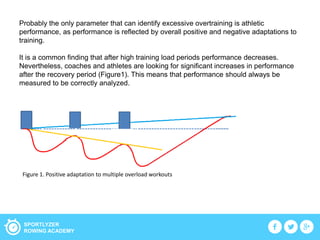
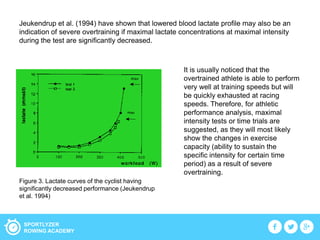
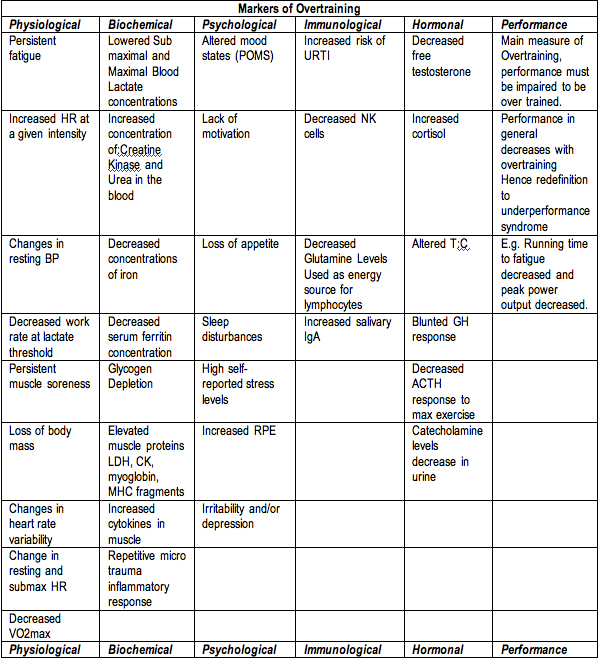


![PDF] BIOCHEMICAL AND IMMUNOLOGICAL MARKERS OF OVERTRAINING | Semantic Scholar PDF] BIOCHEMICAL AND IMMUNOLOGICAL MARKERS OF OVERTRAINING | Semantic Scholar](https://d3i71xaburhd42.cloudfront.net/aec8e59bb7f13475c8fffd59e71d02cce166731e/7-Figure2-1.png)







